AGGIE GREEN FUND  TEXAS A&M UNIVERSITY
TEXAS A&M UNIVERSITY
AGGIE GREEN FUND  TEXAS A&M UNIVERSITY
TEXAS A&M UNIVERSITY
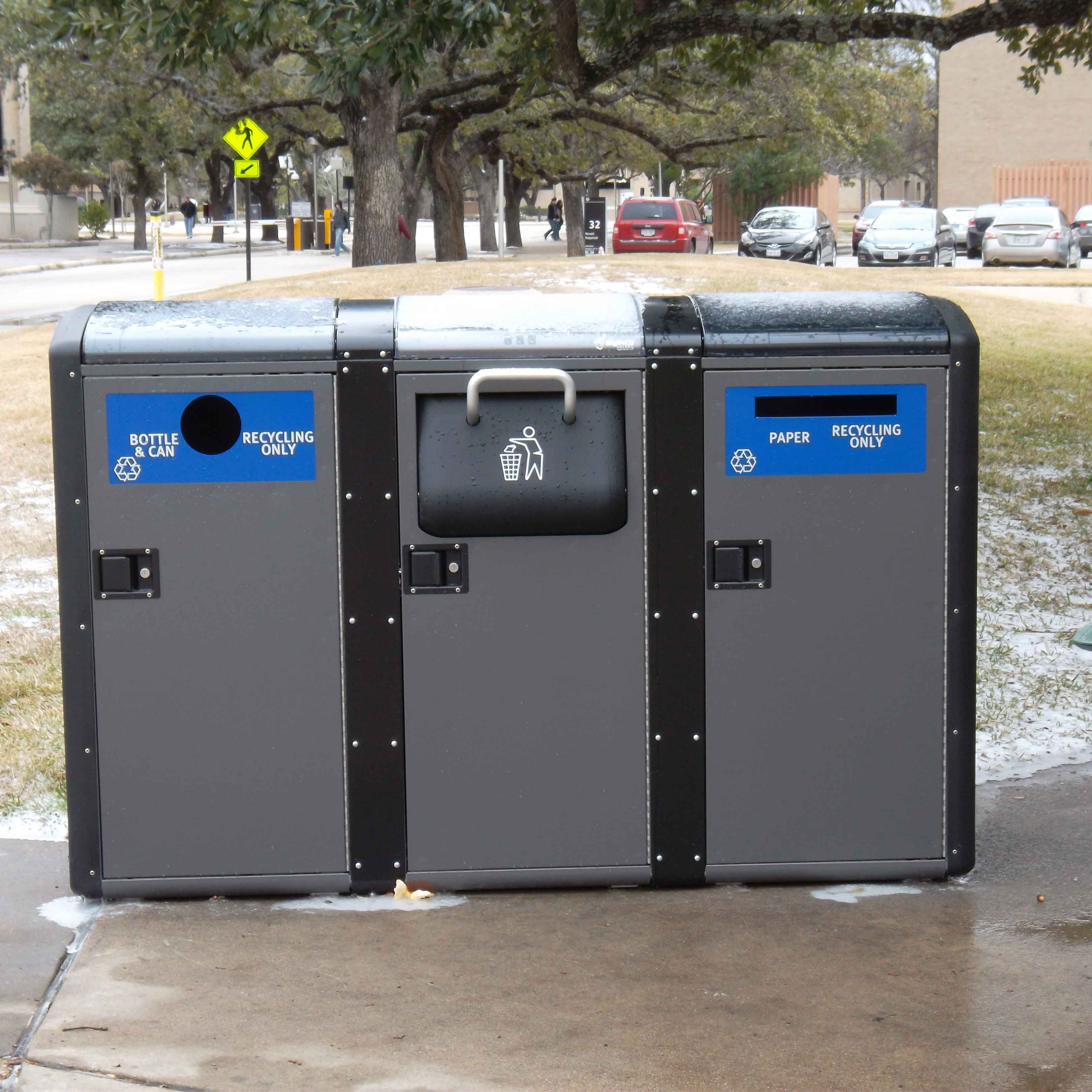
Twelve additional three-stream recycling containers will be installed in high profile areas across campus to divert waste from the landfill, increase the collection of materials that can be recycled, and provide visible proof that Texas A&M University is committed to its sustainability goals.
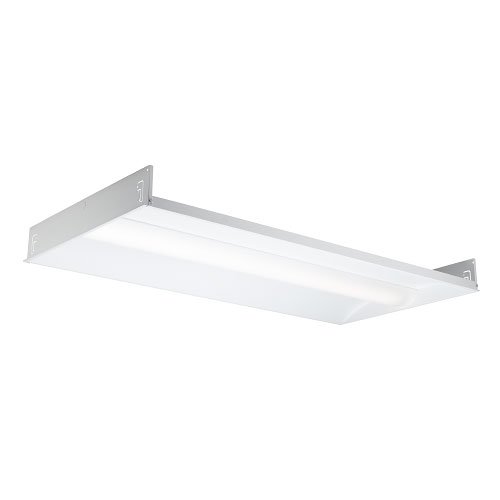
Lighting systems account for a large portion of Texas A&M’s energy consumption. Installing LED lighting in Heaton Hall can reduce energy usage and long-term maintenance costs for the building.
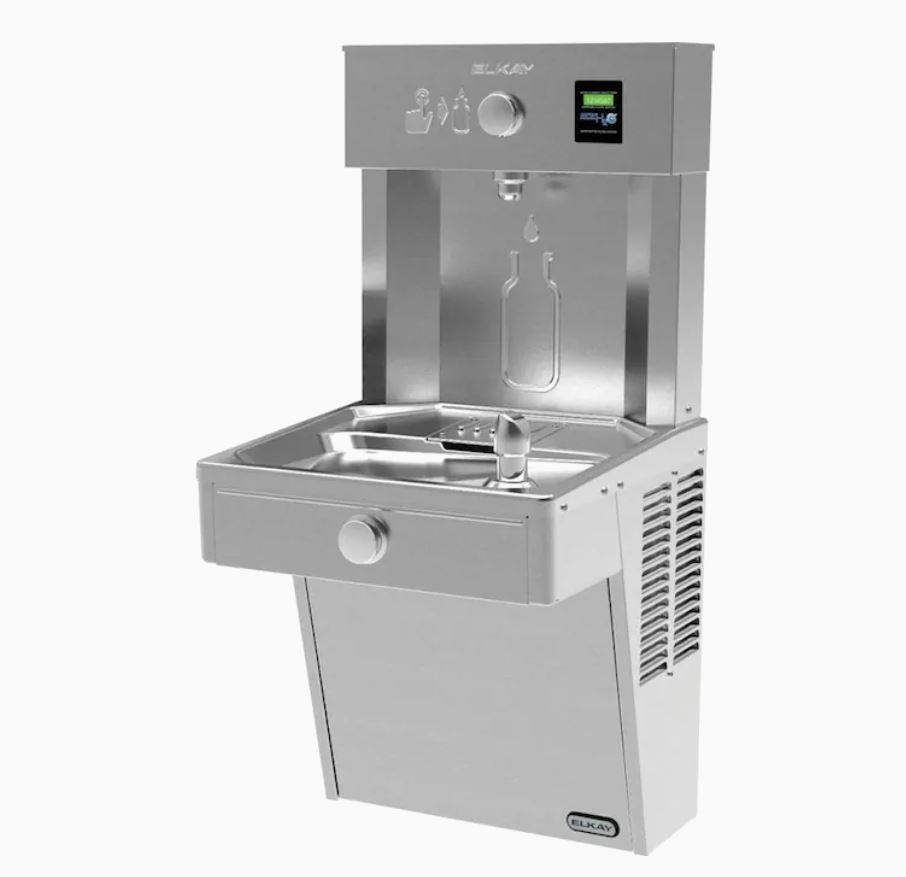
This project funded outdoor access to water bottle filling stations for on-campus residents. Water bottle filling stations reduce the number of plastic bottles in landfills, save students money from purchasing bottled water, and make it convenient for students to stay hydrated.
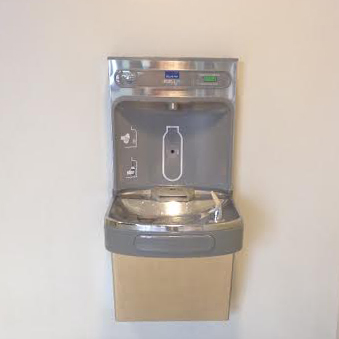
The previous AGF water bottle filling station grant awarded to the Wisenbaker Building has saved almost 49,000 plastic water bottles over two years, because of this success the building would like to expand its water bottle filling stations. Through the expansion of the project, the building will provide more opportunities for students, faculty, and staff to reduce their single-use plastic consumption.
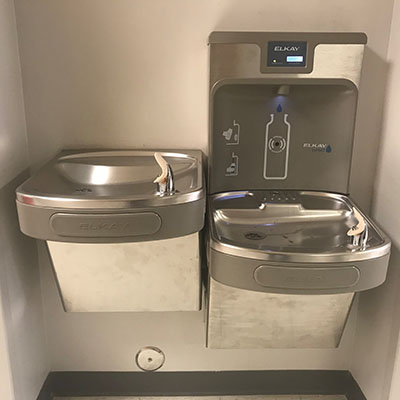
The Becky Gates Children's Center continues to improve its sustainability efforts by installing a water bottle filling station for their staff, children, and their parents. The water bottle filling station reduces the use of single-use plastic water bottles and promote the use of reusable ones.
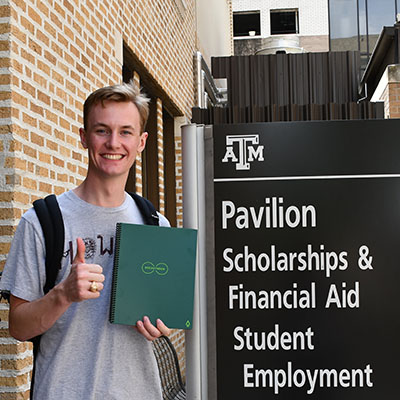
Rocketbooks are electronic note pads that can upload handwritten pages into digital formats, essentially eliminating the need for paper notebooks. The Scholarships and Financial Aid Office uses Rocketbooks to decrease the number of paper products used in their operations, increase their overall environmental efforts, and reduce overall expenses.
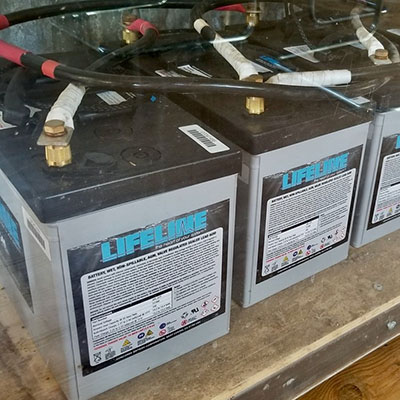
Howdy Farm uses solar power to provide energy to lighting, farming equipment, fans, and for volunteers to charge their electronics. The grant requested new solar batteries so the farm will continue to generate renewable energy for its farm tools and volunteers.
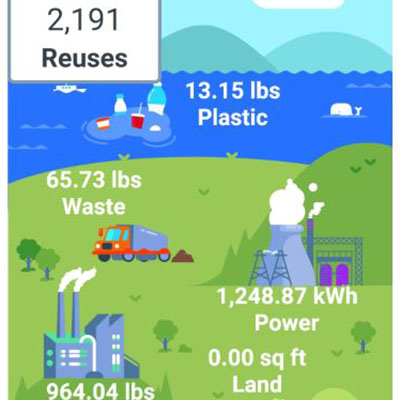
Cupanion is a vendor that specializes in reusable products such as water bottles and coffee cups. This grant gives students the Fill It Forward stickers designed by the company for individuals to track their environmental impact. The stickers allow individuals to track their progress using an app from their cell phones.
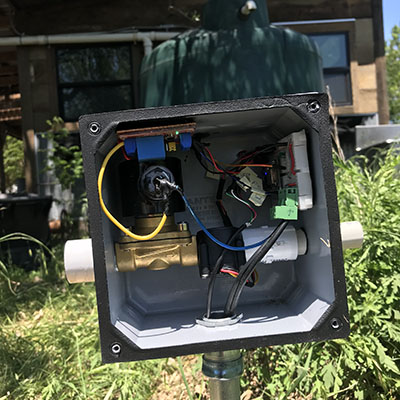
This is an automated irrigation system for Howdy Farm. The system monitors the levels of the rainwater storage tank, temperatures, humidity, and moisture levels in each gardening bed. The information collected is displayed in an app that will help farmers implement sustainable farming techniques and increase water and energy efficiency.
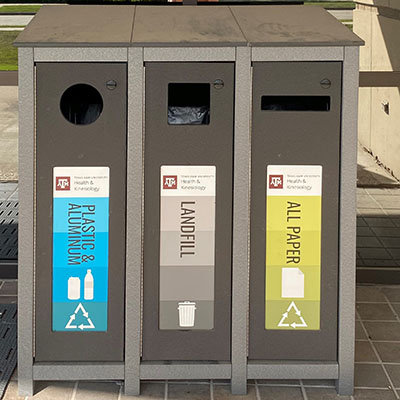
This project installed recycling bins in the Department of Health & Kinesiology within the Gibb Gilchrist Building. The project reduces landfill waste, increases recycling efforts within the department, and provides students, faculty, and staff with easy access to recycling receptacles.
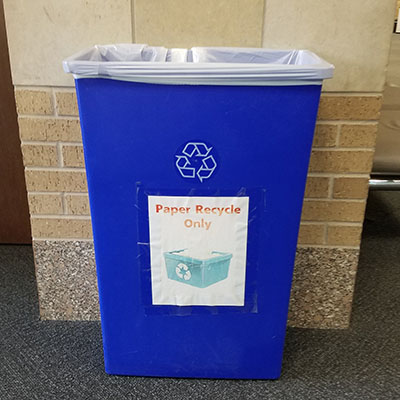
The Office for Student Success purchased recycling containers for their office in Hotard Hall. The new recycling receptacles allow the office to increase its recycling efforts and provide its students and staff the opportunities to reduce their waste and be more sustainable.
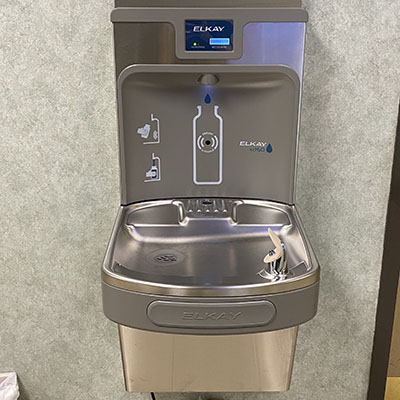
A water bottle filling station was installed on the 5th floor of Harrington Tower replacing the old water fountain. The water bottle filling station helps the students and staff of Harrington Tower reduce their environment footprint by eliminating the need for single-use plastic water bottles and give better access to filtered water.
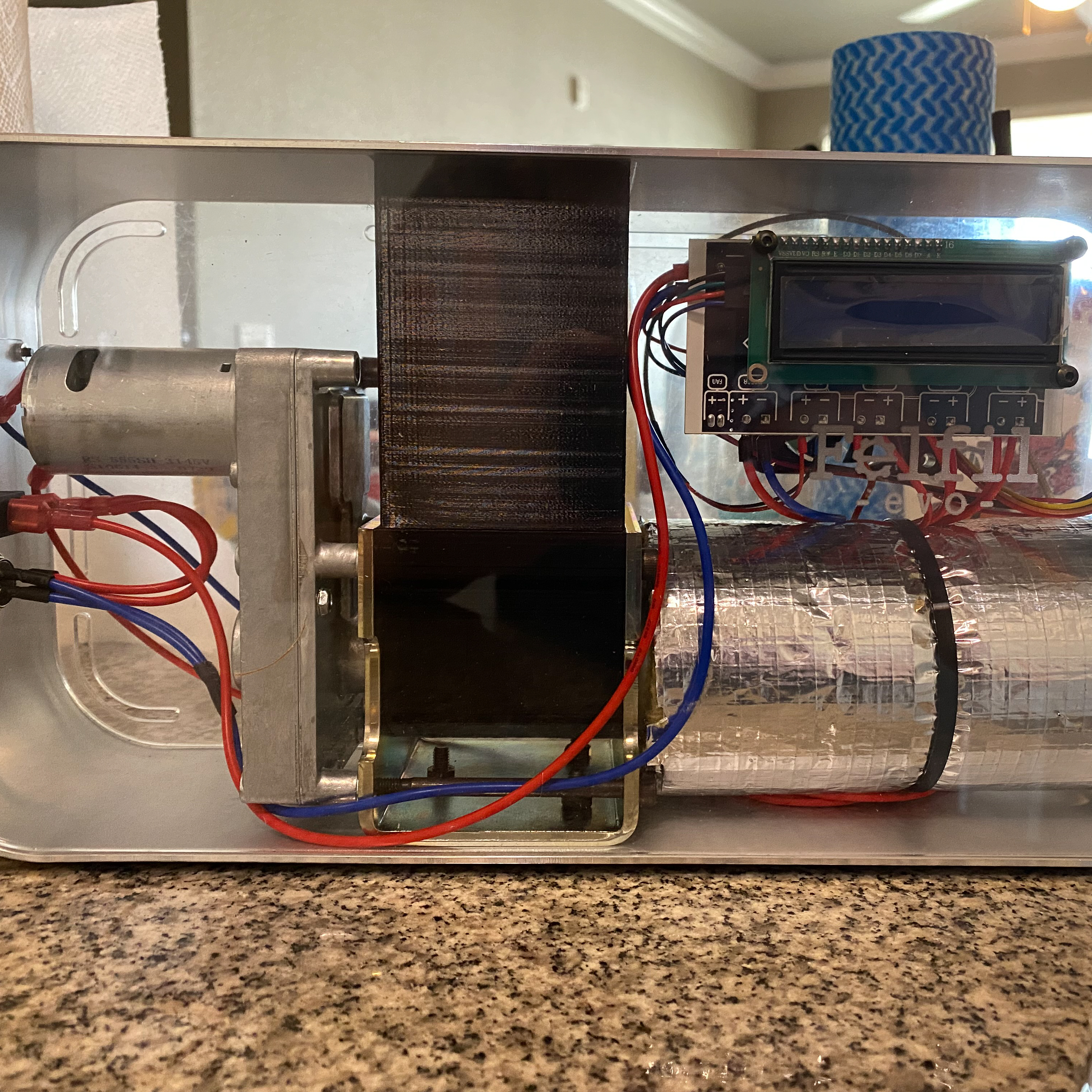
This project aims to tackle plastic pollution through 3D printing waste. 3D filament is recyclable even though it rarely actually is. The goal of this project is to eliminate the waste of 3D printing by taking the plastic from failed prints and support material and re-extrude it it into new filament. By recycling the used filament, the overall plastic waste of Texas A&M can be reduced.